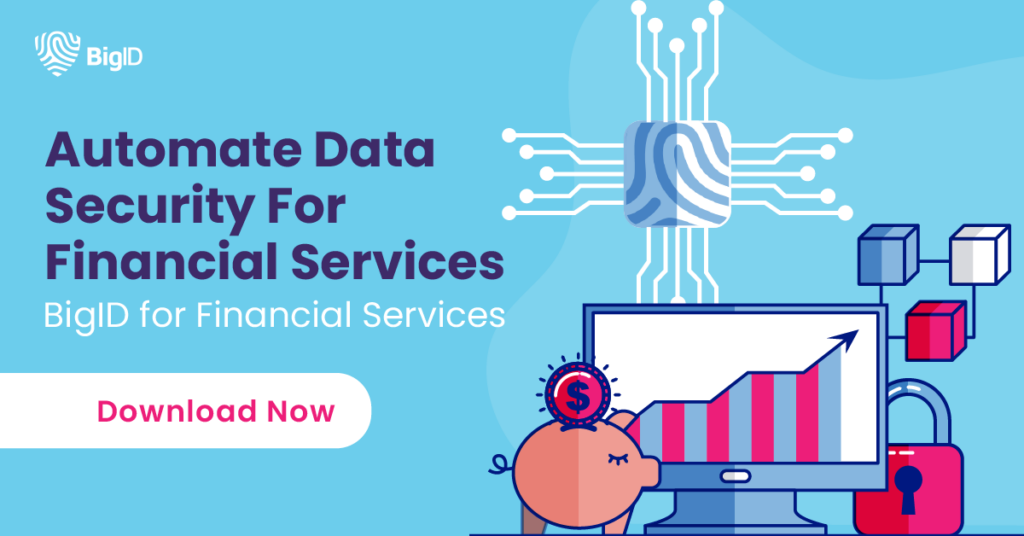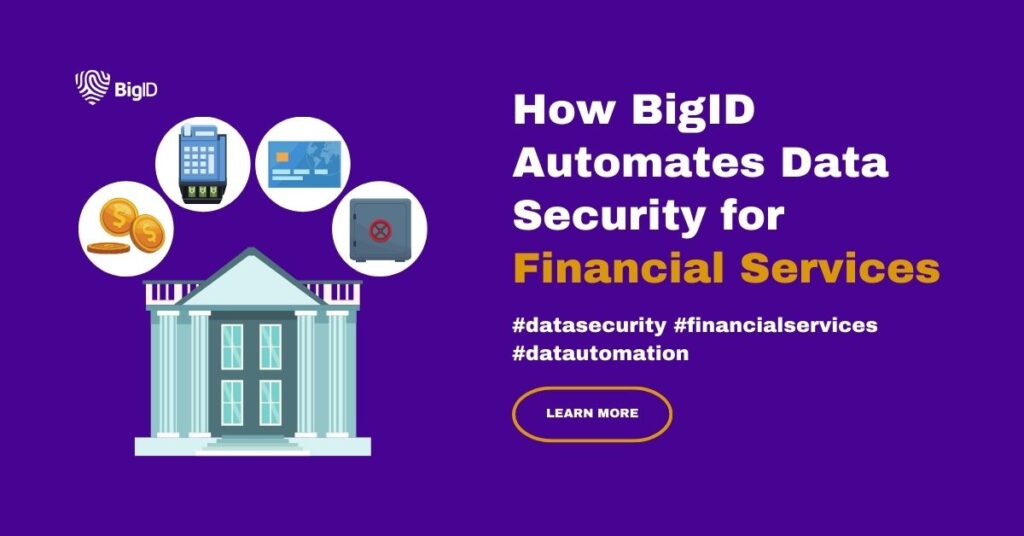The financial services industry is in the midst of a technological evolution that has the potential to revolutionize operations, customer experiences, productivity, and efficiency. The only thing standing in the way of this transformation is emerging cyberattacks that continue to grow in sophistication and complexity.
Financial firms lose roughly $6 million per data breach, outpacing other industries at a 28% higher global average. This shouldn’t come as a surprise due to the high volume of sensitive information collected, processed, and stored, such as personal data, account information, and financial transactions – from banks, payment card providers, payment processors, and other financial institutions.
Why Financial Services Need a Robust Cybersecurity Strategy
As financial services organizations digitize services and transition to the cloud, protecting data has become more challenging. Even though the transition is critical for improved customer experience and revenue generation, online banking applications, mobile transactions, and multi-channel customer services only expand the attack surface for cybercriminals to gain access and confiscate data.
In addition to protecting against cyber attacks, financial institutions must comply with increasing data privacy and regulatory requirements. These include Sarbanes-Oxley (SOX), Gramm-Leach-Bliley Act (GLBA), Payment Card Industry Data Security Standard (PCI-DSS), and the EU General Data Protection Regulation (GDPR). Compliance with data protection and privacy regulations ensures the security of sensitive data, reducing regulatory costs and risks for financial institutions.
As organizations in this industry grapple with massive volumes of sensitive data, they confront the following pressing issues:
- Data Mapping & Inventory: Financial services must identify critical, siloed, shadow, and dark data, which is needed to gain accurate insights, mitigate risk, comply with regulations, and reduce the attack surface.
- Cyberattacks & Insider Threats: The volume, velocity, and variety of cyber threats will continue to be a growing concern as this industry grapples with a broad range of attacks and insider threats.
- Cloud Migrations: For financial institutions, transferring digital assets from on-premises to cloud-based environments is a complex endeavor with data privacy, security, and data management issues that can lead to non-compliance.
- Risk Reduction: As new online and mobile services create business growth and increase consumer data across digital channels, financial institutions must minimize security risks by improving critical data security.
- Non-Compliance: Financial institutions must demonstrate compliance with various government and industry-specific regulations in an automated, data-centric, and cost-effective manner. Regulatory non-compliance can result in steep fines for both the organizations and executives.
- AI Governance & Security: To adapt generative AI safely and responsibly, financial institutions need to know if the training data is sensitive, personal, secret, or regulated information – and validate that the data is safe for use. Proper AI governance is necessary to prevent breaches, leaks, and fines as AI technologies and regulations continue to expand and increase.
- Mergers and Acquisitions (M&A): An M&A with poorly planned data integrations can turn a game-changing merger for financial firms into a compliance and security nightmare. Improper data management during the transition leaves data vulnerable and increases the risk of data breaches.

How BigID helps financial institutions build cyber resilience, protect data, reduce risk, and achieve compliance
Organizations in financial services need a data-centric, risk-aware security approach to safeguard critical business data. Building a robust cybersecurity strategy will provide insights into the location of the most vital data, assess risk, address data vulnerabilities, secure data, and comply with regulatory requirements.
BigID enables financial services organizations to gain visibility and complete coverage of sensitive and high-risk data, uncover dark data, manage risk, automate and enforce security policy, and align with a security-by-design approach. With BigID, you’ll be able to:
- Know Your Data: Leverage BigID’s advanced ML and AI to automatically discover, classify, categorize, tag, and label sensitive data with accuracy, granularity, and scale.
- Reduce Your Attack Surface: With BigID, financial service organizations can manage, delegate, and execute deletion to accelerate minimization initiatives and reduce the attack surface — or the number of vulnerable touchpoints in the event of a breach.
- Improve the Security of Critical Data: BigID enables financial institutions to improve their data security posture by identifying, scoring, and prioritizing the most valuable information to assess risk by severity related to sensitivity, location, accessibility, and more.
- Mitigate Insider Risk: With BigID, you can achieve Zero Trust and mitigate the risk of unwanted data exposure, use, and leakage at the enterprise scale. Monitor, detect, and respond to unauthorized exposure, data usage, and suspicious activity around sensitive data.
- Simplify Regulatory Compliance: With BigID, organizations can enforce and manage policies to monitor data by sensitivity, regulation, residency, location, and more – and trigger controls for compliance with NIST, CISA, PCI, privacy, security, and AI frameworks.
- Streamline Data Breach Response: BigID’s identity-aware breach analysis detects and investigates breach impact, facilitates prompt incident response, and notifies relevant authorities and affected consumers.
- Accelerate AI Adoption: BigID efficiently builds policies to govern AI based on privacy, sensitivity, regulation, and access to control the data shared with LLMs and AI applications.
- Secure Cloud Migrations: With a security-centric approach, BigID empowers organizations to execute a successful cloud migration strategy from a unified data inventory to data minimization to policy enforcement.
From cloud migrations to data minimization, financial institutions should align their strategic data initiatives for maximum success — starting with a foundation of data discovery to inform consistent and defensible action. Start with BigID!
Schedule a 1:1 with one of our data security experts today.


